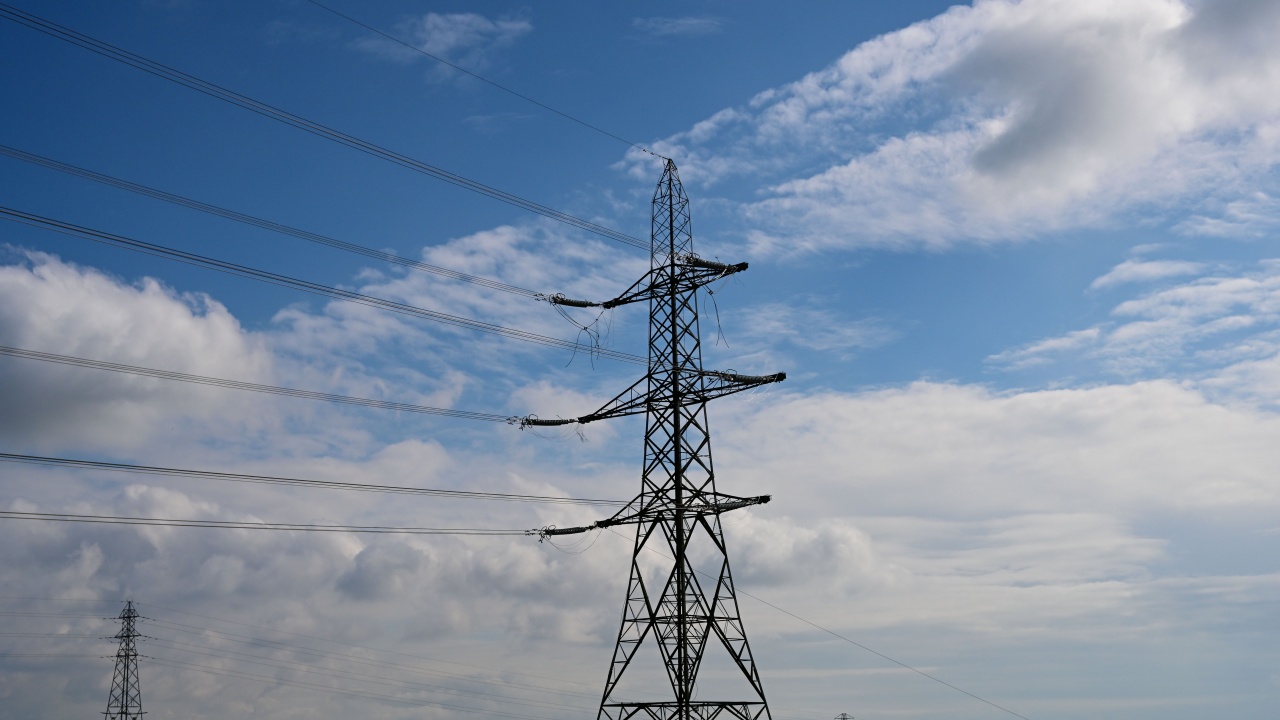Listen to the news
"Electricity System Operator" (ESO) EAD forecasts investment costs in the amount of BGN 1,848,760,000 for the period 2022-2031. This is clear from the Plan for the Development of the Transmission Electricity Network of Bulgaria for this period, published on the Commission's website for Energy and Water Regulation (KEVR). The commission will hold a public hearing on the plan today at 10:00 a.m. For the first three years of the period, ESO plans to make investment costs in the amount of BGN 580,667,000 or 31 percent of the total investment costs.
The ten-year development plan contains the main infrastructure for the transmission of electricity, which is planned for construction, expansion, reconstruction and modernization in the next ten years, specified by ESO.
Two main scenarios for the development of electricity consumption have been adopted: maximum and minimum.
Added to them is the scenario of the Ministry of Energy, laid down in the current "Integrated National Plan in the Field of Energy and Climate of the Republic of Bulgaria".
Scenario "Integrated National Energy and Climate Plan"
This gross non-pumped electricity consumption scenario is 1,700 to 2,700 gigawatt-hours (GWh) above the ESA's maximum forecast, as it starts from higher consumption in 2022.
This suggests growth of 6 percent on adjusted consumption for 2021, against the backdrop of a slight downward trend in recent years and a sharp reduction in 2020 due to the restrictions imposed by COVID-19.
However, according to the guidelines of ENSTO-G and ENTSO-E (the European Network of Transmission System Operators for Gas is an association of European transmission system operators), it is this scenario that should be taken into account as a baseline when developing the national development plans of the power grid.
Maximum scenario
This scenario for the gross electricity consumption without pumps coincides with the trend of the reference one for the final electricity consumption in the country of the European Commission for the period 2015-2025. A delay in the implementation of energy efficiency measures is foreseen.
By 2031, gross consumption is expected to reach 40,560 GWh.
Minimal scenario
In this scenario, it is envisaged to maintain the level of electricity consumption without pumps for the entire period, due to more intensive implementation of energy efficiency measures.
In 2031, gross electricity consumption reaches 38,140 GWh.
The forecast for the development of the production capacities of Bulgaria until 2031 is based on the investment intentions stated by the production companies, explains the ESO.
For the period 2022-2031, according to the investment intentions, a total of 5,881 megawatts (MW) of new capacities are planned for construction, 4,858 MW of which are RES.
At the moment, it is considered that by 2031 the country's gross electricity consumption will not exceed 43,298 gigawatt hours (GWh).
They listen to the Minister of Energy in the National Assembly
The expected absolute maximum electrical load of Bulgaria in 2031 is 7,670 MW, and the maximum load for an average working day is 7,130 MW, according to the 10-year ESO plan.
The share of RES energy in gross electricity consumption in 2031 is expected to approach 30 percent.
The implementation of energy efficiency measures would support the realization of the national indicative goals, and instead of investments in the construction of new renewable energy sources, it is possible to make investments to reduce energy intensity, the ESO added in the plan.
From the provided Financial Statement for the year ending on December 31, 2020 and Individual Financial Statement for the year ending on December 31, 2021, it is established that a net profit of BGN 79,460,000 was reported for 2021, and for 2020 - BGN 50,736,000. The increase in the financial result for 2021 is 56.61 percent compared to the previous year, states the ESO.
For 2021, the total reported revenues, including financial revenues, are in the amount of BGN 946,840,000 and mark an increase of BGN 329,808,000 (53.45 percent) compared to those realized in 2020 (BGN 617,032,000 ).
In the structure of the total reported income, the highest relative share is the income from sales in the amount of BGN 796,003,000 (84.07 percent) for 2021 and in the amount of BGN 566,432,000 (91.8 percent ) for 2020.
For 2021, the total reported expenses, including financial expenses, amount to BGN 858,676,000 and mark an increase of BGN 298,095,000 (53.18 percent) compared to the same for 2020 (BGN 560,581,000 ).
The plan of the Republic of Bulgaria envisages new nuclear capacities in the period 2030-2040. Even if such a project is launched in 2022, commissioning is not expected before 2032, which is beyond the scope of the current plan, but since the scale of these capacities is concentrated and not decentralized like RES, their influence is significant on the development of the electricity transmission network and requires significant and long-term preliminary design studies and coordination procedures.
ESO considers that the implementation of the development of the electricity transmission network specified in the plan for the period 2022-2031 provides the necessary security of electricity transmission in normal and repair schemes, including the necessary exchange of electricity with neighboring countries.
According to the operator, the implementation of the planned development of the transmission network will increase the energy efficiency of the power transmission network, reduce technological costs and provide an opportunity to improve the conditions for electricity trading.
The increased transmission capacity of the network will enable the connection of generating modules of system importance and installations for decentralized electricity production.
The working voltages will be able to be regulated within the permissible limits, with the available technical means,
Electric power system operator
energy
electricity
